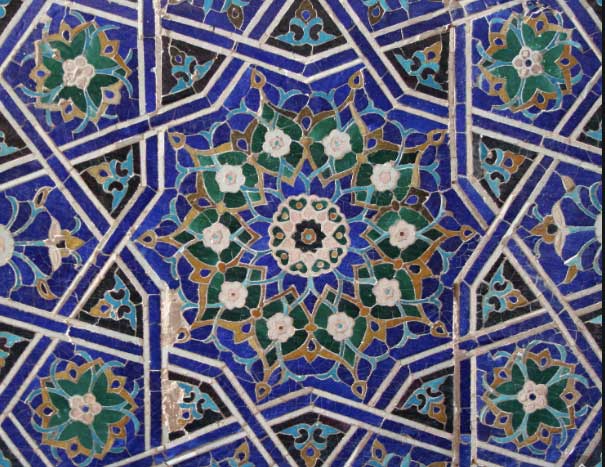CONSTANT CHANGE VERSUS DYNAMIC EQUILIBRIUM

We have become used to believing the famous saying ‘change is the only constant in life’, and the idea that what doesn’t change is stagnant and dying. However, when viewed from the perspective of mīzān, maintained through dynamic equilibrium, the opposite is true. At this point, it may be useful to use the analogy of the game of chess. The rules governing chess, once established, have remained the same for hundreds of years. It is difficult to imagine how they could be improved. The form is perfect. There have been millions of players of the game who have derived great pleasure from playing, but very few grand masters. However, the grand masters can never exhaust the possibilities that the game affords.
What is ‘dynamic equilibrium’? The term comes from the material sciences and is defined as ‘a state of balance between continuing processes,’ or ‘a system in a steady state’. From the perspective of mīzān, it means that when in a society equilibrium is lost, it has the ability to right itself in time and come back into a state of balance and stability.
from chapter two of Rethinking Islam and the West
THE RE-ENGINEERING OF CHILDHOOD
& THE DIALYSIS OF THE IMAGINATION

We are spiritual beings and when we arrive in this world, we have our senses and perceive everything directly through them. We start our lives with pure imaginations and live in the moment. Children playing together can conjure up anything, they can turn a tree trunk into a magnificent carriage and a stick into a sword, they can become pirates or princes…
But the Modern cult requires us to be transformed into consumers and this can only be achieved if childhood is re-engineered. The child must be conditioned to live in the short duration, and to achieve this a consumer childhood has to be invented. So, marketeers created their version of childhood. Plastic toys in garish colours leaving nothing to the imagination, are placed before the child. The child is excited by this apparition, plays with it for a while and then gets bored. To keep the child happy, the toy is replaced by another and then another, and so it goes on until the child develops an addictive personality. The imagination is further assailed by films and games that completely hypnotise the child. Robbed of his/her own imagination, the child becomes dependent on an external source, and a dialysis of the imagination takes over.
from chapter four of Rethinking Islam and the West
Related Videos
The Men Who Made Us Spend
Copyright BBC